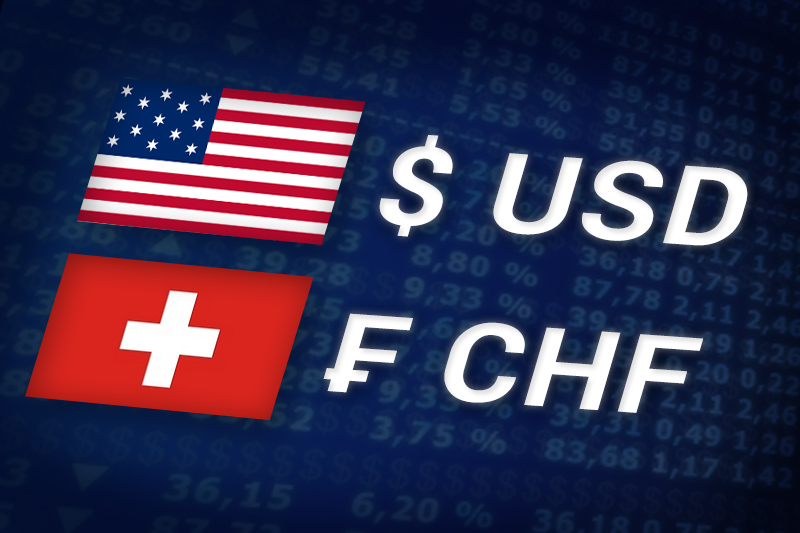Investing.com - The U.S. dollar pulled back from a 14-month high against the Swiss franc on Thursday, as markets regained some stability, but safe haven demand for the greenback looked set to remain supported by ongoing worries over Spain.
USD/CHF hit 0.9666 during European morning trade, the session low; the pair subsequently consolidated at 0.9685, shedding 0.27%.
The pair was likely to find support at 0.9600, Wednesday’s low and resistance at 0.9718, the session high and a 14-month peak.
Investor sentiment found support amid expectations that Ireland would pass a vote for the European Union’s fiscal treaty in a referendum on Thursday.
But sustained concerns over the situation in Spain, where elevated borrowing costs and worries over the country’s fragile banking system fuelled fears that Madrid will be forced to seek an international bailout.
The yield on Spain’s 10-year bond was hovering close to euro-era highs at 6.7%, near the critical 7% threshold that led Greece, Ireland and Portugal to seek outside assistance.
Meanwhile, uncertainty over the outcome of a second Greek general election weighed after opinion polls showed that pro and anti-austerity parties were neck-and-neck ahead of the June 17 vote.
The Swissie was fractionally lower against the euro, with EUR/CHF inching up 0.05% to hit 1.2014.
Later in the day, the U.S. was to release preliminary data on first quarter economic growth, as well as reports on private sector employment and initial jobless claims and data on business activity in the Chicago area.
USD/CHF hit 0.9666 during European morning trade, the session low; the pair subsequently consolidated at 0.9685, shedding 0.27%.
The pair was likely to find support at 0.9600, Wednesday’s low and resistance at 0.9718, the session high and a 14-month peak.
Investor sentiment found support amid expectations that Ireland would pass a vote for the European Union’s fiscal treaty in a referendum on Thursday.
But sustained concerns over the situation in Spain, where elevated borrowing costs and worries over the country’s fragile banking system fuelled fears that Madrid will be forced to seek an international bailout.
The yield on Spain’s 10-year bond was hovering close to euro-era highs at 6.7%, near the critical 7% threshold that led Greece, Ireland and Portugal to seek outside assistance.
Meanwhile, uncertainty over the outcome of a second Greek general election weighed after opinion polls showed that pro and anti-austerity parties were neck-and-neck ahead of the June 17 vote.
The Swissie was fractionally lower against the euro, with EUR/CHF inching up 0.05% to hit 1.2014.
Later in the day, the U.S. was to release preliminary data on first quarter economic growth, as well as reports on private sector employment and initial jobless claims and data on business activity in the Chicago area.
